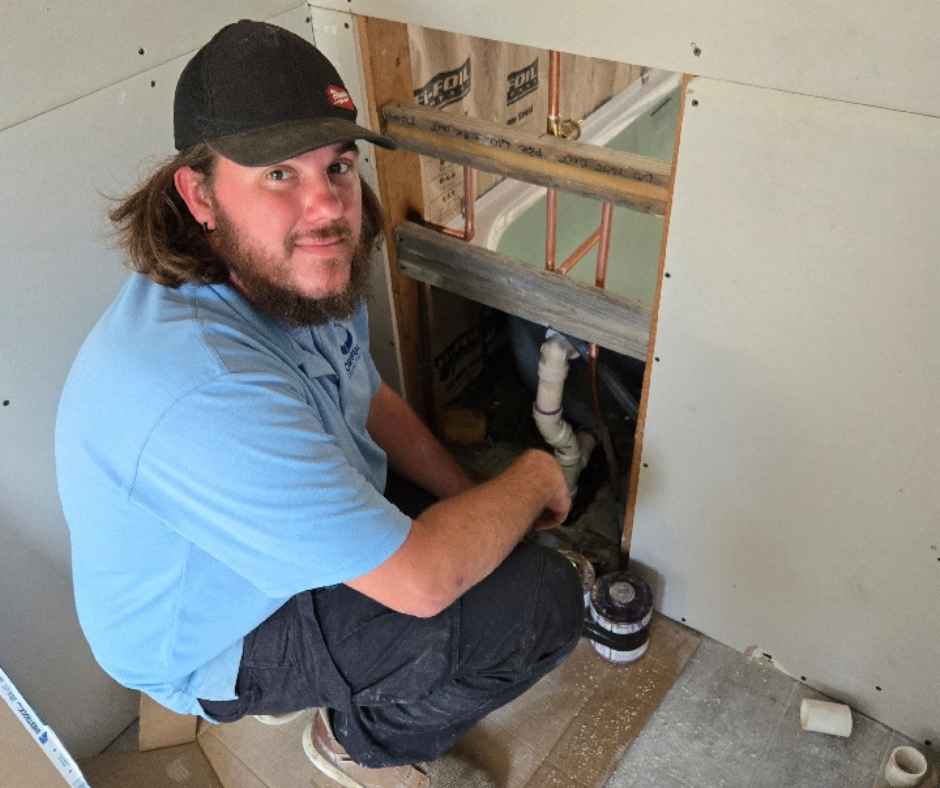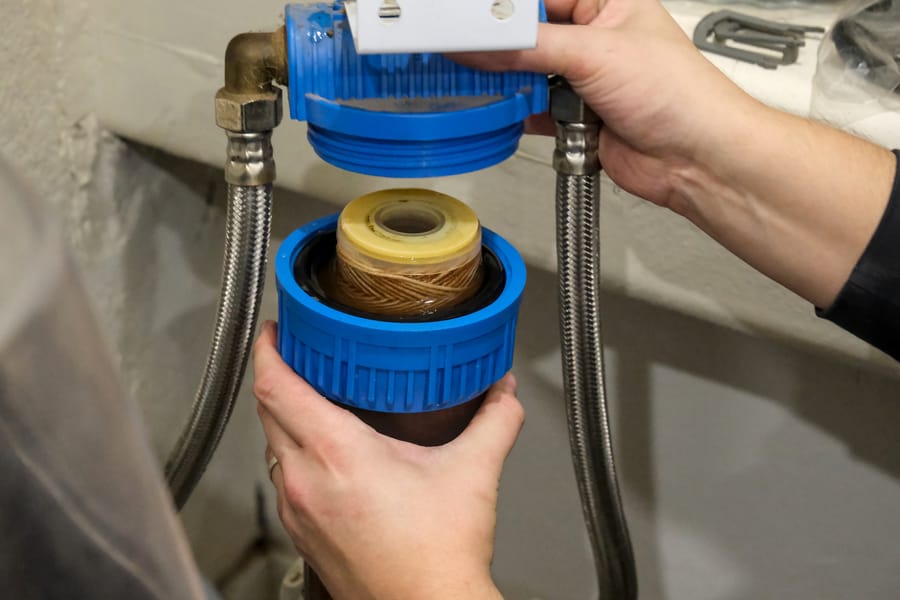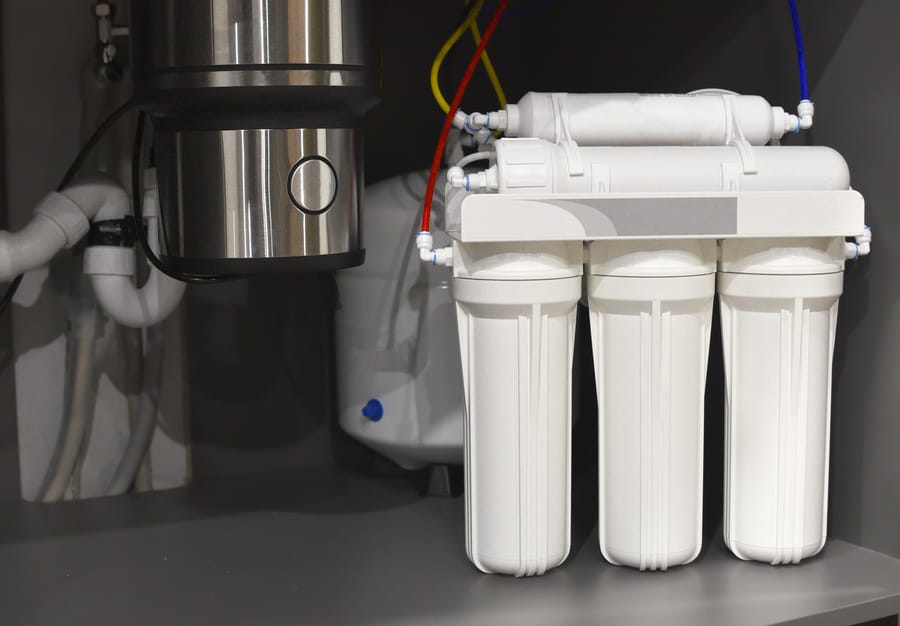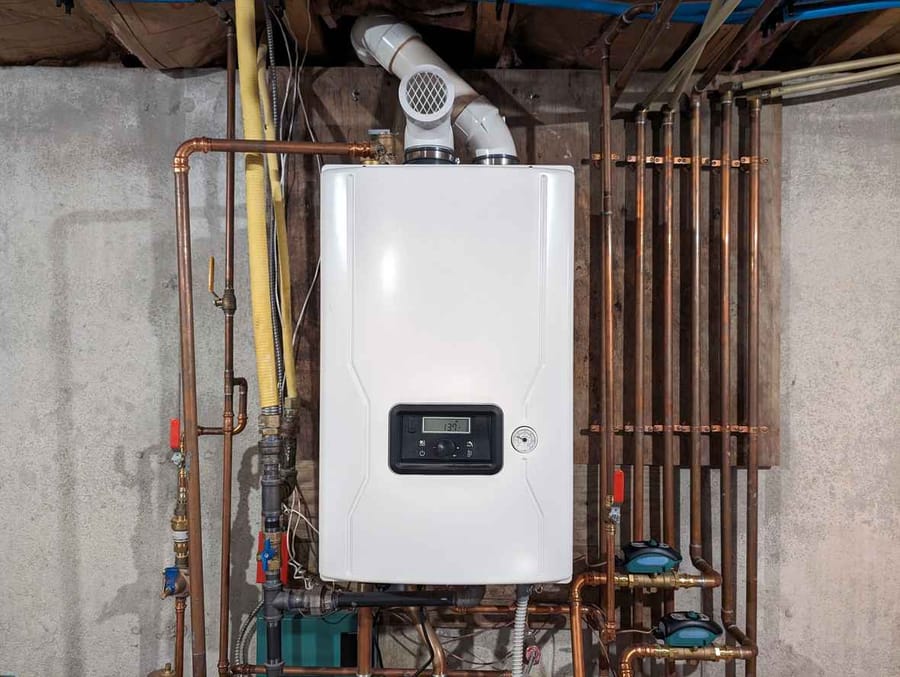Serving the Greater Tampa Bay Region
When You Need Emergency Plumbing Service

Plumbing disasters have a way of showing up when you least expect them—often at the worst possible time. Whether it’s a flooded bathroom before sunrise or a burst pipe during a weekend dinner, some problems just can’t wait. Ignoring serious plumbing issues, even for a few hours, can cause extensive damage to your home and belongings. Worse, it could create dangerous conditions like mold growth or sewage exposure. That’s why knowing when to treat a situation as an emergency is just as important as knowing who to call.
In this blog, we’ll help you recognize true plumbing emergencies, what steps to take in the moment, and how to avoid them in the future—so you’re never caught off guard.
What Qualifies as a Plumbing Emergency?
Not every plumbing issue needs an immediate response—but when it does, fast action can make all the difference. A plumbing emergency is any situation that poses a risk to your property, health, or safety and requires urgent attention to prevent further damage.
Typical emergencies include burst pipes, overflowing toilets, or complete loss of water. These problems can lead to significant water damage, electrical hazards, and even structural issues if left unresolved. In cases involving sewage backups or gas line leaks, waiting is not only inconvenient—it’s dangerous.
It’s important to understand the difference between urgent and non-urgent plumbing problems. A dripping faucet or slow drain, for instance, can usually wait until business hours. But if there’s water gushing into your home or sewage coming up from the floor drain, it’s time to call a licensed plumber right away.
Recognizing when to act quickly can save you time, money, and serious headaches. That’s where the professionals at Formula Plumbing Services come in—with prompt, reliable help when it matters most.
Common Signs You Need Emergency Plumbing Help
Some plumbing issues may seem minor at first glance—but others are clear signs you need help fast. Spotting these red flags early can protect your home from major water damage, health hazards, and costly repairs.
Red Flags That Should Never Wait
If you notice any of the following, it’s time to contact an emergency plumber immediately:
- Burst or leaking pipes – A sudden rupture can release gallons of water in minutes, soaking walls, floors, and insulation.
- Flooding in the home – Any standing water, especially around appliances or in basements, can indicate a serious issue.
- Sewer system backup – Foul smells, gurgling drains, or raw sewage are signs of a hazardous backup that needs urgent attention.
- No water at all – If your taps have stopped working entirely, it could be due to a major line break or blockage.
- Overflowing toilets – When plunging doesn’t help and water keeps rising, it’s time to call in the pros.
- Water heater failure – No hot water in the middle of winter—or worse, a leaking tank—can qualify as an emergency.
- Gas line concerns – If your plumbing system includes gas and you detect a gas smell, evacuate and call for immediate service.
What Causes Emergency Plumbing Issues
Many emergency plumbing problems are triggered by underlying issues that have been building up over time. Here are some common causes:
- Frozen pipes – In colder areas, pipes can freeze and burst when not properly insulated.
- Aging plumbing systems – Corrosion and natural wear can weaken pipes, leading to sudden breaks.
- Tree root intrusion – Roots growing into underground lines can clog or collapse pipes.
- Neglected clogs – Small blockages in drains or toilets that are left untreated can eventually back up the system.
- Water pressure fluctuations – Low or high pressure can indicate major plumbing damage or system imbalances.
- Faulty equipment – Broken valves, water heaters, or backflow preventers can lead to system failures without warning.
What to Do During a Plumbing Emergency
When a plumbing emergency hits, staying calm and acting quickly can make a major difference in minimizing damage. While waiting for professional help to arrive, there are steps you can take to protect your home and keep the situation under control.
Immediate Steps You Can Take at Home
- Shut off the main water supply – Locate your home’s main shutoff valve and turn it off to stop the flow of water. This is the most important first step in most emergencies.
- Turn off your water heater – Especially in cases involving leaks, turning off the water heater helps prevent pressure buildup or tank damage.
- Contain the water – Use towels, buckets, or mops to control spreading water and minimize the risk of structural damage.
- Avoid using affected plumbing fixtures – Don’t flush toilets, run sinks, or use appliances connected to the issue until it’s resolved.
- Take photos of damage – If you plan to file an insurance claim, it’s helpful to document everything as soon as it’s safe to do so.
When to Call Formula Plumbing Services
While you may be able to temporarily manage the issue, some emergencies simply can’t wait:
- You can’t stop the water flow – If shutting off the valve doesn’t help, or you don’t know where it is, it’s time to call.
- Multiple fixtures are impacted – Widespread problems like sewer backups or total water loss indicate a larger issue.
- There’s a risk to health or safety – Any situation involving sewage, gas, or electrical exposure requires immediate professional attention.
- You need immediate plumbing help – Formula Plumbing Services offers fast emergency response, so you’re never left to deal with serious plumbing problems alone.
How to Avoid Future Plumbing Emergencies
While not every plumbing disaster can be predicted, many emergencies are the result of small issues that were left unchecked. With a little preventive care and attention, you can greatly reduce the risk of facing a midnight leak or a weekend flood.
- Schedule routine plumbing inspections – An annual checkup by a licensed plumber can catch early signs of corrosion, pressure problems, or blockages.
- Replace aging pipes and fixtures – Older plumbing materials are more prone to cracks and leaks—upgrading sooner can save you from sudden failures.
- Don’t ignore slow drains or small leaks – Minor problems tend to escalate. Taking care of them early can prevent major headaches later.
- Install leak detection devices – Smart sensors placed under sinks, near water heaters, or in basements can alert you before small leaks become major floods.
- Insulate pipes in colder areas – Especially important in garages, crawl spaces, or homes in cooler climates, insulation helps prevent freezing and bursting.
- Know where your shutoff valve is – Being able to quickly stop water flow can prevent serious damage during an emergency.
Taking these steps now can give you peace of mind—and help keep your home dry and safe all year long.
Call Formula Plumbing Services for Emergency Plumbing Help
Plumbing emergencies don’t wait for business hours—and neither should you. When a pipe bursts, a toilet overflows, or your water suddenly stops running, knowing who to call can mean the difference between a quick fix and a major home repair. Emergency plumbing service is about protecting your home, your health, and your peace of mind.
Delaying service in a true emergency can lead to water damage, mold, or structural issues that only get worse with time. That’s why it’s critical to act fast—and to have a trusted, local plumber ready to respond when you need help most.
Contact Formula Plumbing Services for reliable, fast-response emergency plumbing repairs. We’re here to restore your comfort, protect your property, and handle the mess—so you don’t have to.





